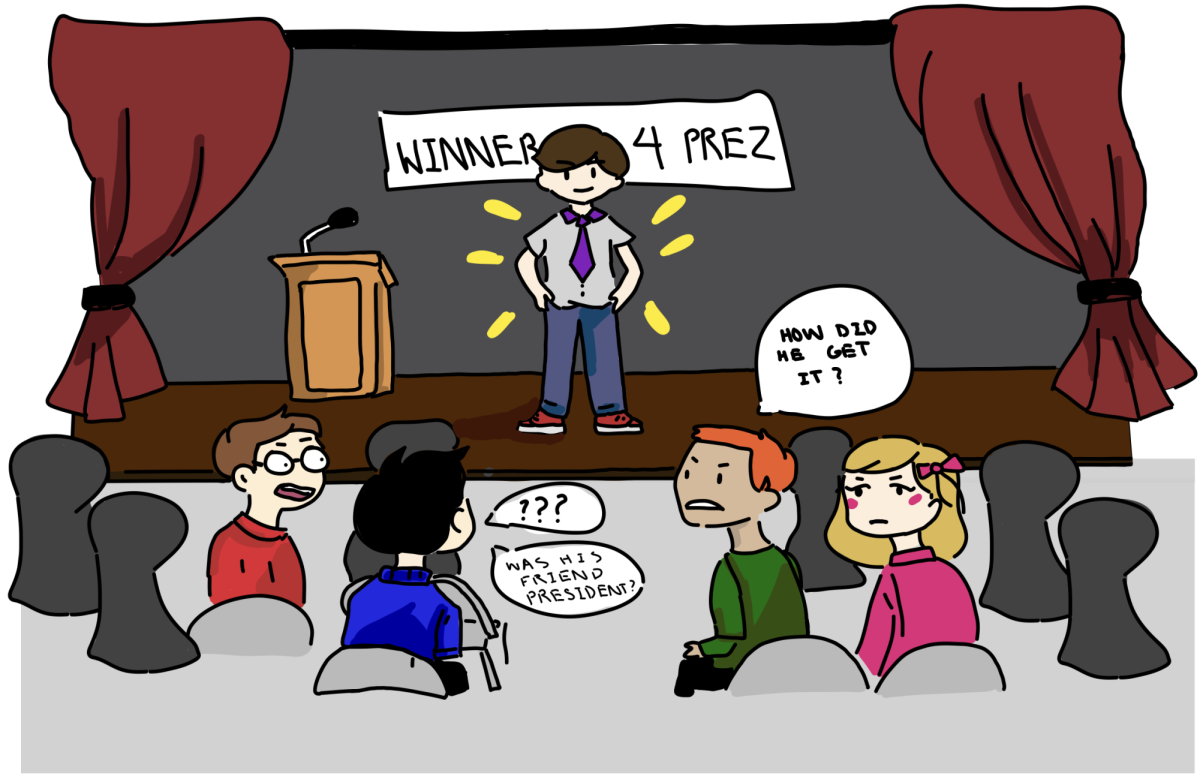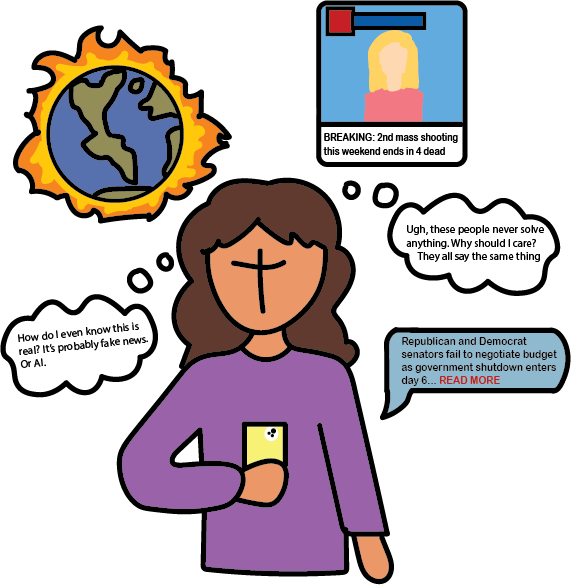Inglemoor is home to over 60 diverse, established clubs representing different cultures and interests. Many of these clubs have dozens of members and attend competitive events up to the international level every year, such as Model UN, DECA and TSA. These clubs provide unique opportunities for students with shared identities and interests to expand their knowledge, making it crucial that every club has officers who will serve it to the best of their abilities.
Selecting officers can be a difficult task, though, especially when many highly qualified candidates seek the same position. In many clubs, the club officers are appointed or selected by the officers of the previous years. While officers have practical experience in the club’s operations and this may better determine strong successors, they are also subject to personal biases that are difficult to account for, which may become problematic for officers with personal connections — both positive and negative — that undermine equal opportunity. Instead, allowing club members to democratically elect new officers would address many of the problems that come with entrusting the selection of the club’s future leadership to a small team of officers, including the risk of nepotism and personal bias.
A democratically elected candidate must sway dozens of members, not just a handful of officers, which makes it harder for personal biases unrelated to the position to affect the overall result. In addition, they would connect well with a majority of the members, not just with the previous officers; this ensures that they feel a sense of accountability to and appeal to the interests of the members, not the officers who appointed them. This benefits both candidates and members, making the process fairer and generally more effective in selecting effective leaders for each club.
Democratically electing the officers is beneficial not only to the club but also to the candidates who run. Because leadership positions can be major benefits for college applications and strengthen leadership experience in a low-stakes environment, each candidate should have a fair chance to make their case. This requires a transparent process. Electing the officers ensures there are no hidden factors in the decision-making process. It also teaches candidates how to stand up and advocate for themselves.
A valid concern is that an election could devolve into a popularity contest with voters seldom considering candidates’ actual ability to run the club and instead opting to vote for their friends. While it’s impossible to eliminate popularity bias in elections, elections are still preferable to officer selection because having a large pool of voters will allow the vote to tend towards being impartial. In addition, an officer who is already popular among club members will likely be able to get them to engage in club activities more easily and be able to build a team culture within the club.
For clubs with fewer than 10 members, however, it may be better to leave the decision to the officers or adviser since the benefits of having a large number of voters no longer apply. In this case, it is still important that the club’s officers communicate transparently with their members about how the selection process works and follow the selection process outlined in their constitution if they have one. It’s also important to remind people of the importance of their vote and ensure that people pay attention to candidates’ speeches so they can evaluate them fairly.
When a club’s officers choose to democratically elect their successors instead of choosing them themselves, it makes the process more fair and demonstrates to the members that the incumbent officers are willing to make sacrifices to the amount of power they have for the sake of the club as a whole. Conducting fair elections in high school also sets a good example for upholding democratic processes through adulthood, which is especially important as democracy faces threats in the United States and internationally. Thus, it’s important not just to elect officers but to uphold democratic principles; members must have the right to keep their vote secret and not feel pressured to vote one way or the other, and the precise results of the vote must be made public.










